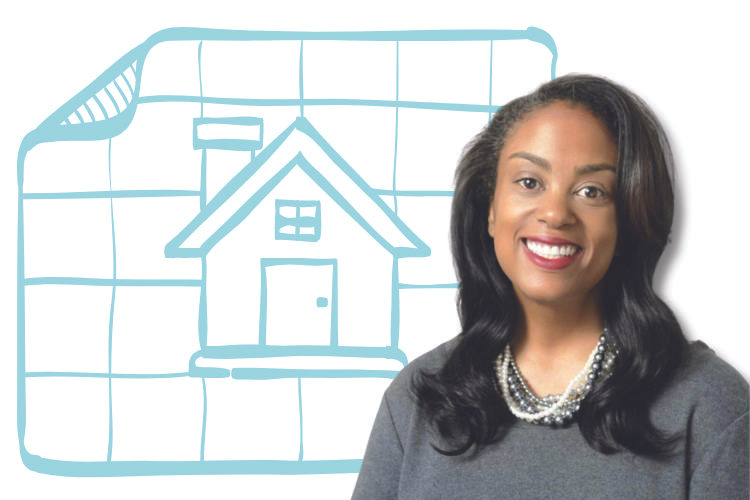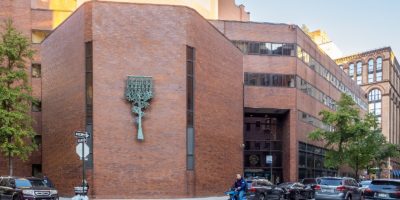
Why Jews of Color Need Their Own Spaces
It was the Spring of 2005. I had just arrived in the Midwest and was so excited for what I thought was my dream job: the Director of Youth Services for a Jewish nonprofit. But, what started as a dream turned out to be a nightmare.
Out of 50 staff members, I was the only Jew of Color (JOC). Microaggressions from colleagues, interrogations of my Jewishness by program participants, and outright racism from staffers throughout the organization made every single day a monumental challenge. The janitor—the only other Black employee in the entire organization—routinely checked in on me during his rounds because I was often hiding in my office crying. Not only did the experience ultimately turn me off from wanting to work in the Jewish community, but it also left me not wanting to be in the Jewish community. It was four years of hardship, pain, and healing. My desire to reenter the community only came when I finally developed a close friendship with another Black Jewish woman, who reinvigorated my Jewish engagement….
Not everyone is attuned to the challenges of being both Jewish and a person of color. When learning of opportunities or programs specifically for JOCs, many white Jews object on the grounds that it is exclusionary or even racist. Suggesting a JOC-centered space is racist is difficult to take seriously for many reasons. Creating spaces where people of similar back grounds and experiences can learn and grow together provides them with safety and inclusivity—especially for those who are often marginalized in majority-white and majority white Jewish spaces, to grow and form community.
Even at predominantly white colleges and universities, there is an incredible amount of research that shows how BIPOC (Black, Indigenous, & People of Color) students are more engaged and have higher retention and graduation rates when they are part of BIPOC spaces and are able to form meaningful connections with other BIPOC students and BIPOC faculty and staff. And women’s colleges, too, report more alumni positions of leadership and power than alumni from mixed-gender institutions. As JOCs, we are seeking spaces that allow us to exist as our whole selves in a community where the “typical” Jewish experience may bear little resemblance to our own.
We need faith-based spaces where the participants are not seen as the ‘other.’ Spaces where we are not told ‘you don’t look Jewish’ or asked, ‘no, where are you really from?’ Many folks will say that JOCs are new to them or that they haven’t met us at their synagogues. But we are not new—and those questions can hurt. I think of my own experiences at a shul where I attended Shabbat services every week, taught Hebrew school and was the youth group advisor. Yet, I was still asked on a regular basis why I was there. It will take time to rewrite a different story about who we are, in all our glory and richness as a diverse faith and people. Until then, creating the space for JOCs to freely be Jewish is critical. There is much work to do to make sure that we can become the best version of who we already are.




